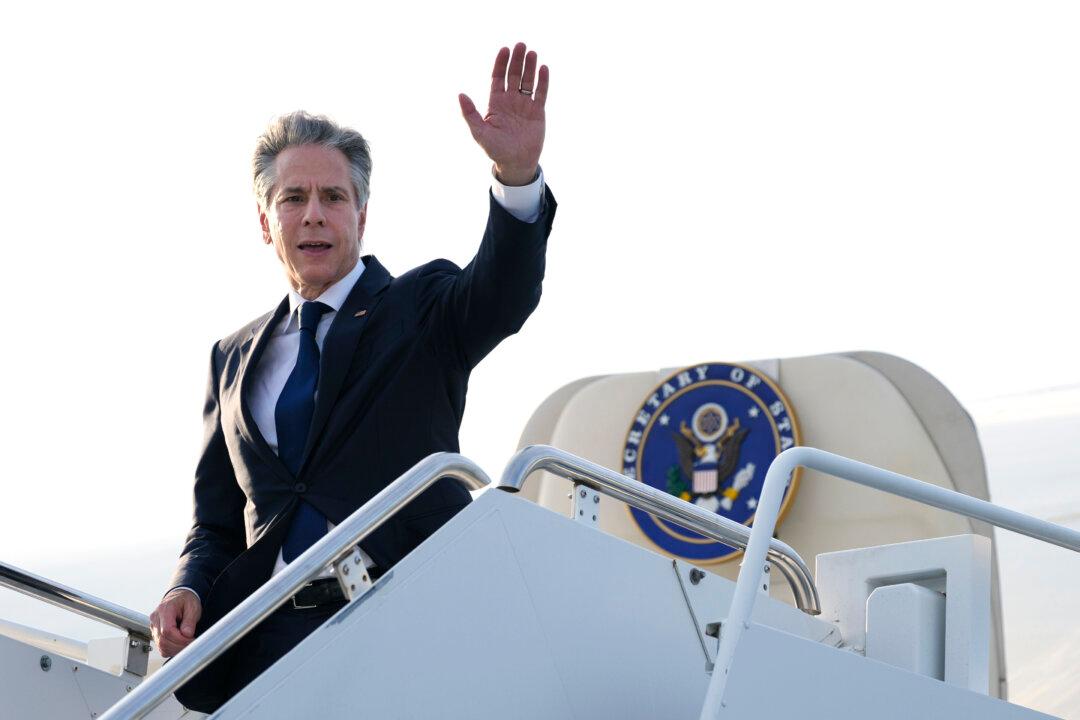U.S. Secretary of State Antony Blinken is visiting Haiti and the Dominican Republic to meet with leaders and discuss the ongoing security missions and instability in the region.
In Haiti, Blinken will meet with Prime Minister Garry Conille and Transitional Presidential Council Coordinator Edgard Leblanc Fils to discuss the next steps in Haiti’s democratic transition, U.S. humanitarian assistance, and Haitian-led stabilization efforts, the U.S. State Department said in a Sept. 4 statement.





